
The recent developments toward a legal, regulated market for kratom have shown the complexities of overcoming stigma and establishing safe consumer options.
Yet even with all that red tape, and the work yet to be done across many levels of government, there is one element of the pending federal legislation that could have a major impact on every aspect of the kratom question in the years ahead.
Since the failed attempts of the federal government to schedule kratom in 2016, the Food and Drug Administration (FDA) has provided the reasoning behind limiting kratom in the form of import alerts targeting the herbal supplement. Despite developments in available research, and using faulty science behind the consumer notice, the FDA has renewed its import alert as recently as this past November in an attempt to muddy the waters around the kratom conversation.
Now advocates are hoping federal legislation can make it a fair fight.
“We’re scratching the surface with the research that’s being conducted and funded by the National Institute on Drug Abuse. But we know more would be done if this ridiculous import alert were lifted,” said Mac Haddow, a senior fellow with the American Kratom Association.
According to Haddow, the import alert by the FDA, as well as similar attempts to schedule or criminalize kratom, has had a variety of trickle down impacts that have made it harder for consumers and researchers alike to have access to pure, unadulterated kratom. Because of that, Haddow said that the stakeholders in the industry have had unnecessary hurdles thrown in their way.
From financial and legal impacts, to affecting researchers ability to study kratom and its impacts, Haddow said that the FDA’s restriction on kratom imports has tainted the discussion around kratom since the government’s failed scheduling attempt.
“Even the study that was proposed by the FDA in August 2021 suffered from the inability to get pharmaceutical-grade kratom. We at the American Kratom Association believe that science should dictate public policy on kratom.”
Beyond hampering research, the import alert and the possible implications for economic institutions has made it harder for those in the kratom industry to do business in the United States. According to Haddow, there are instances where “credit processors reject payments because of the FDA’s position” and those complications have kept reputable producers and retailers out of the market.
Those economic roadblocks have also become international. In the areas where kratom is produced in the highest volumes, the FDA’s position has affected the global supply chain of kratom, and hurt producers abroad. As kratom is caught in the crossfire of federal policy, Haddow said he’s had discussions with leadership in countries such as Indonesia, who are “very concerned” about the effect the FDA’s approach is having on local, working people.
“You have trade and industry growth stunted because of the bans–200,000 poor Indonesian families, who rely on kratom for their livelihood, suffer from the import alerts imposed by the FDA,” Haddow said.
As could be expected with any issue around the legality of a substance, the FDA’s position has also had ripples in the legal world, oftentimes in ways that seem overly harsh for a substance that is federally legal. Haddow said kratom usage has even been used to call an individual’s character into question in a legal sense.
“We’ve helped with numerous child custody cases where the spouse blames kratom use by the other spouse as a basis for interfering with custodial rights,” he said. “That’s not right, that’s unfair because it’s not based on good science.
The restrictive approach by the FDA, and prohibition conditions they’ve inspired, have even led to one man’s death.
Marshall Ray Price, according to Haddow, had “nothing more than kratom he had purchased legally in the state of Missouri, that he had transported across state lines and was using it for his own use,” and was arrested following a traffic stop in his home state of Arkansas. Despite the DEA’s failed attempt, Arkansas successfully scheduled kratom in 2015, making it a crime to possess or sell the substance.
Despite the claims of personal use, Price was sentenced to 10 years in prison for drug trafficking in the case, and died in custody less than a month later. State authorities have announced an “ongoing criminal investigation” into the death.
“There is no reason for that,” Haddow said, “other than the FDA had misled Arkansas on passing that ban.”






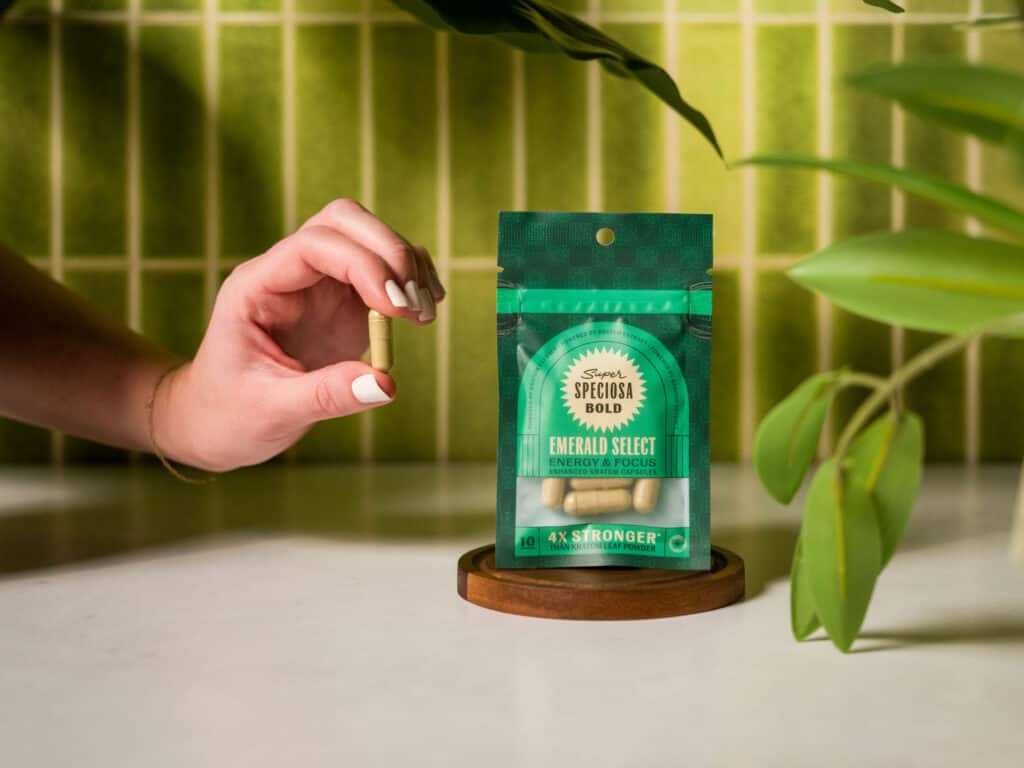
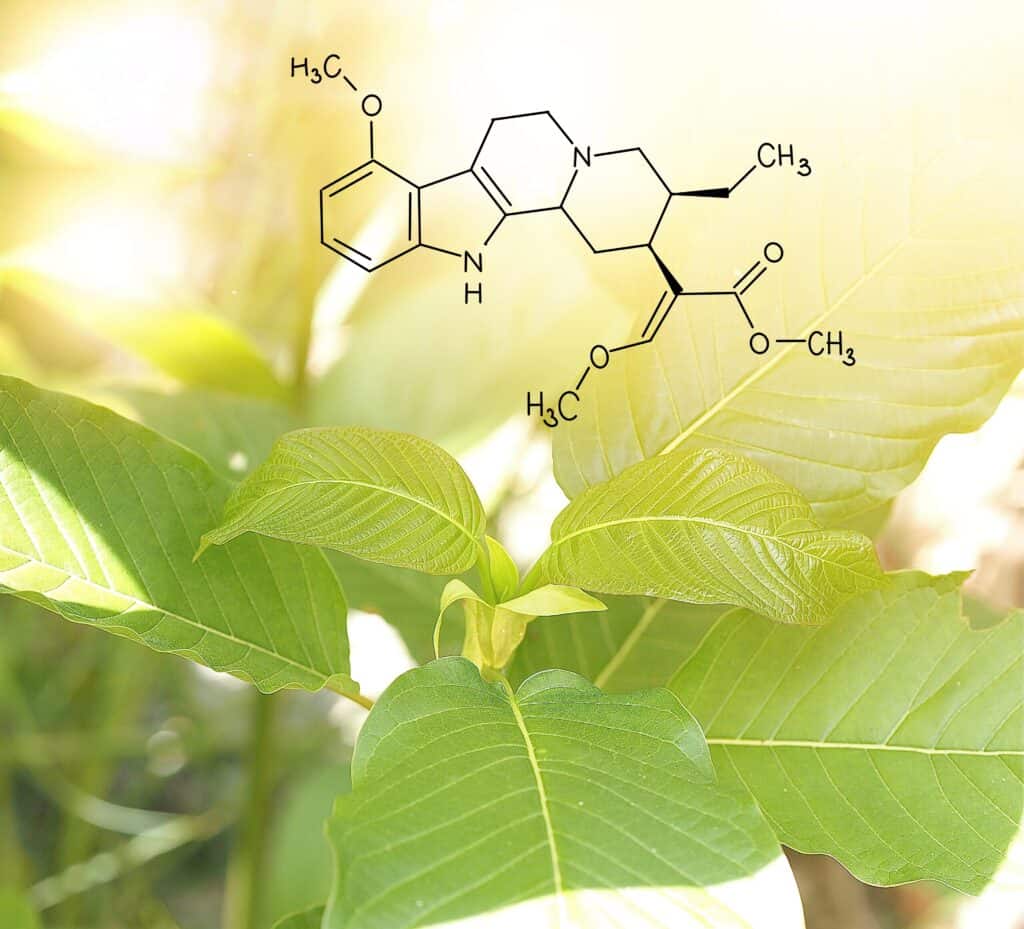
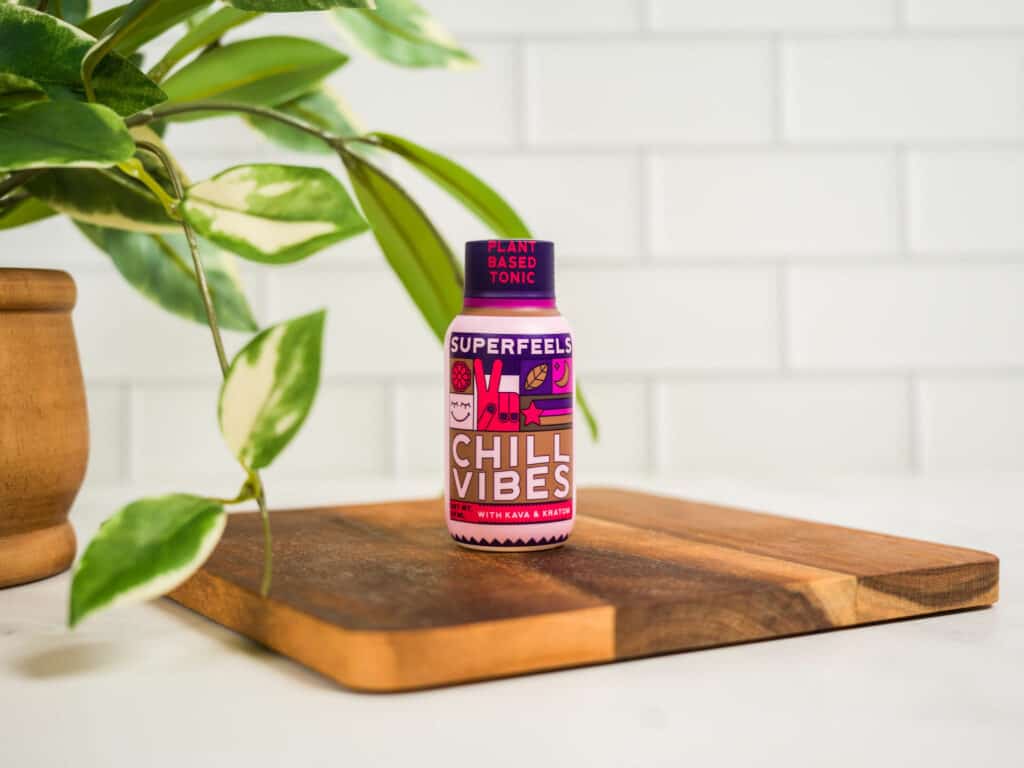
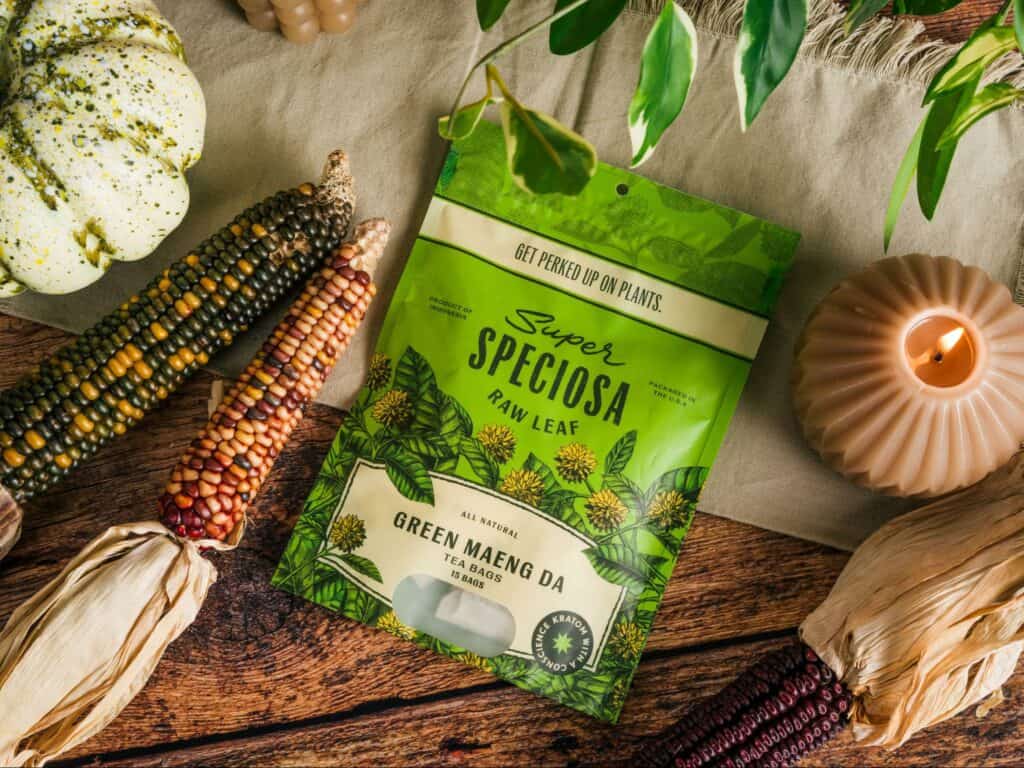
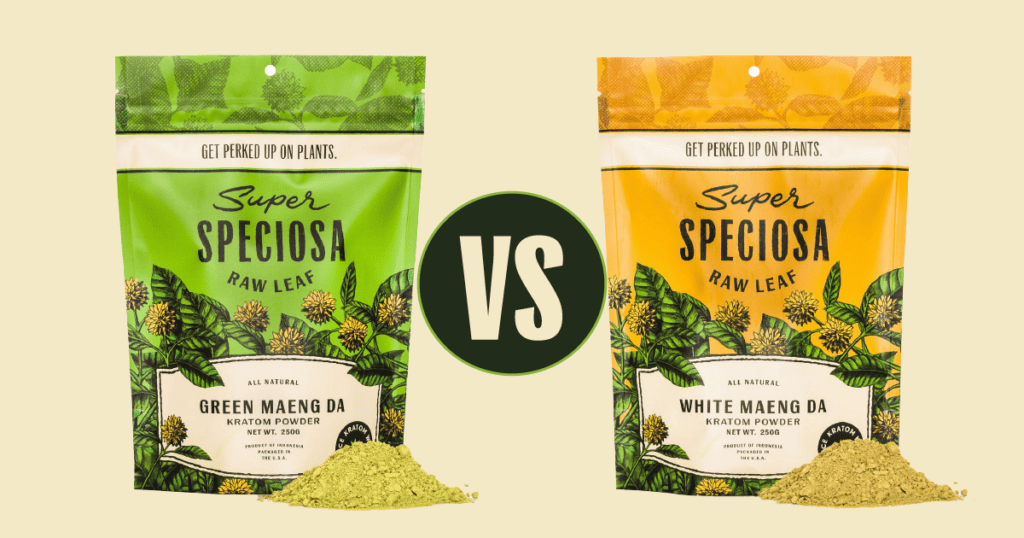
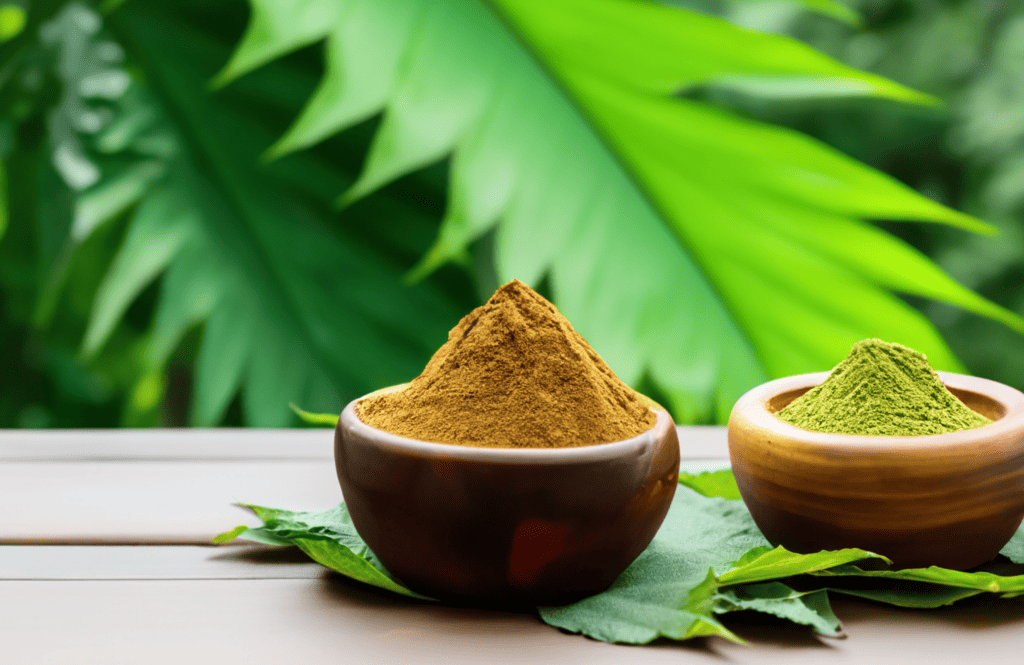
These statements and products presented on this website have not been evaluated by the Food and Drug Administration FDA. The products mentioned on this website are not intended to diagnose, prevent, treat or cure any diseases or health conditions. Therefore any information on this website is presented solely as the opinions of their respective authors who in which do not claim in any way shape or form to be medical professionals providing medical advice. SuperSpeciosa.com and its owners or employees cannot be held responsible for, and will not be liable for the inaccuracy or application of any information whatsoever herein provided. By purchasing our products you agree that you are aware and in compliance with your local county, state, or federal regulations. Must be 21 years or older to purchase Kratom. The US FDA has not approved kratom as a dietary supplement. We do not ship to the following states, cities and counties in the US where Kratom is banned: Alabama, Arkansas, Indiana, Rhode Island, Vermont, Wisconsin, Sarasota County, FL, Union County, MS, San Diego, CA, Jerseyville, IL, Oceanside, CA, and Ontario, OR. Furthermore, Kratom is also banned in the following countries where shipment cannot be executed: Australia, Burma, Denmark, Finland, Israel, Lithuania, Malaysia, Myanmar, Poland, Romania, South Korea, Sweden, Thailand, United Kingdom, Vietnam.
This product should be used only as directed on the label. It should not be used if you are pregnant or nursing. Consult with a physician before use if you have a serious medical condition or use prescription medications. A Doctor’s advice should be sought before using this and any supplemental dietary product. All trademarks and copyrights are property of their respective owners and are not affiliated with nor do they endorse this product. By using this site, you agree to follow the Privacy Policy and all Terms & Conditions printed on this site. Void where prohibited by law.
† These statements have not been evaluated by the FDA. This product is not intended to diagnose, treat, cure or prevent any disease.
Testimonials on this website are not intended as claims that our products can be used to diagnose, treat, cure, mitigate or prevent any disease. Read full disclaimer.


By submitting you agree to receive automated promotional messages. This agreement is not a condition of any purchase. See Terms and Privacy Policy. Frequency varies. Can opt out at any time.

There’s always something new happening. Enter your info below to get updates on huge deals, new products and special batch kratom releases.
By submitting you agree to receive automated promotional messages. This agreement is not a condition of any purchase. Message and data rates may apply. See Terms and Privacy Policy. Frequency varies. Can opt out at any time.